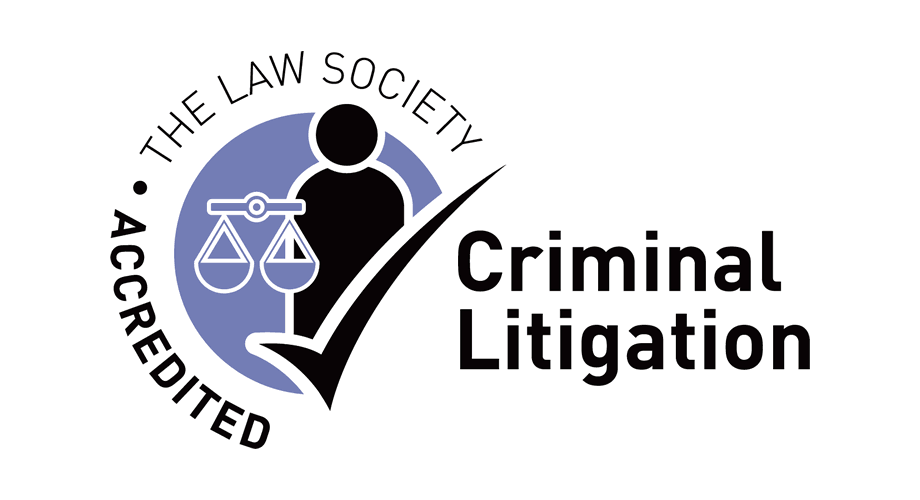0114 249 3222
01246 555 387
Ending a marriage is always a difficult decision and often depressing. Not knowing how you cope with the change and how your life may work out in the future. Obtaining early advice from a solicitor will help you come to terms with the situation and often provides many options and solutions. In particular, is a divorce what is needed? A separation may be more helpful.
Our divorce laws have been in place for some years, although in recent time amendments have been made to deal with civil partnerships and same sex marriages.
In order to file a petition for divorce the marriage has to have broken down irretrievably and the parties must have been married to each other for at least one year.
When presenting a divorce petition one of the following has to be established:
Generally and if a divorce is to proceed quickly unreasonable behaviour and adultery are usually presented. However, to prevent unpleasantness it is usually better beforehand to try to agree the content. An admission of fault does not affect the financial arrangements following divorce. In view of this most cases progress through the divorce courts without challenge and undefended.
The Divorce Process
Our legal team will prepare all that is necessary to both advise and prepare your petition for divorce (if you are to be “the Petitioner”). There are Court fees to pay when issuing. Dependent upon your financial circumstances you may be exempt from the court fees, e.g. if you are in receipt of Benefits or on a low income.
The court will send via post a copy of the petition to the respondent with a form known as an “Acknowledgement” which must be completed and returned to the court. The form contains a number of questions, e.g. if he or she accepts the marriage is over. This is returned to the Court and a copy is then provided to the petitioner.
At this stage we would raise an application for decree nisi by completing a further document and sending this to the court. You will be asked to identify your partner’s signature on the Acknowledgement. The Court will then list the matter for the pronouncement of a ”decree nisi”. It is not necessary for you to attend the court hearing provided there are no costs issues in relation to the process, outstanding.
The court will publish the decree nisi, we will provide you with a copy.
You can apply for the decree nisi to be made absolute six weeks following the date of the decree nisi. We will make the application on your behalf.
The court issues a decree absolute.
You are now divorced.
What if I am the Respondent?
We will advise once you have received a petition of the completion of the “Acknowledgement” and if you agree with the content of the divorce petition and on any issues of costs claimed.
Return the Document to the Divorce Court
You will be notified of the date of the decree nisi and invited to attend the hearing only if there are outstanding issues in relation to the costs claim.
It is then up to the petitioner to apply for the decree absolute six weeks following the date of the decree nisi.
When received we provide you with the document.
If the petitioner fails or refused to apply for the absolute a respondent can make an application to the court after three months of the date of the decree nisi. A court fee is payable.
We will, if necessary, deal with the application.
It is not that important whether you are petitioner or respondent. The court when considering the financial implications of the breakdown do not take account of the reasons for the divorce (save in very exceptional circumstances) and therefore you will receive a fair and just financial settlement notwithstanding the reasons for the marriage breakdown as set out in the petition for divorce.
A judicial separation is a legal separation by the court. This requires a separation petition to be lodged with the court, on exactly the same grounds as divorce, unreasonable behaviour, adultery, or two years separation by consent. However, unlike with divorce there is no decree absolute so parties will simply remain married.
It is very unusual to obtain a judicial separation nowadays because there is usually no detriment to or stigma to divorce. Most people believe that if the marriage has broken down to the extent they require a separation they may as well instigate divorce proceedings.
Looking for a solicitor to assist you? Contact us today


